Organic farming has been practiced in Nigeria for centuries and has begun to gain popularity as a commercial enterprise. Organic farming is a great option for Nigeria, as it can help to improve the country’s environment and economy. In addition, organic farming requires less use of pesticides and fertilizers, which can help to protect the environment.
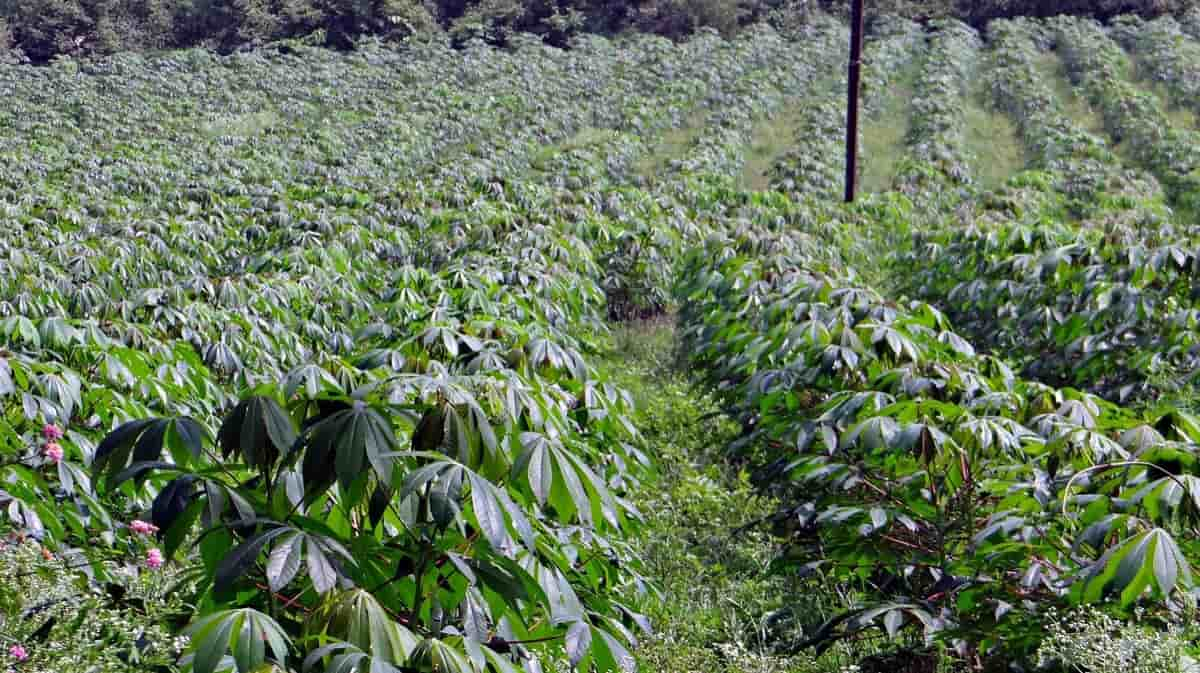
Finally, organic farming is an important source of income for many small-scale farmers in Nigeria. With proper support and training, these farmers can improve their yields and sell their products at a premium price. This builds a better future for their families.
What is organic farming in Nigeria?
- Organic farming is an approach to agriculture that relies on crop rotation, green manure, and composting to maintain soil health, rather than synthetic fertilizers and pesticides.
- In Nigeria, organic farming is a growing movement, with farmers finding that it can be both economically and environmentally sustainable. With proper management, organic farms can produce high yields while protecting the environment.
- Organic farming in Nigeria often uses traditional knowledge and practices, such as using ash from burned cow dung as a fertilizer. This combination of modern and traditional approaches can help small-scale farmers increase their yields without incurring high input costs.
- Organic farming can also have positive social impacts. For example, providing employment opportunities in rural areas and helping preserve traditional knowledge and culture.
How to start organic farming in Nigeria?
Organic farming is a type of agriculture sector that relies on natural processes rather than synthetic inputs to enhance crop production. It is a comprehensive system that includes soil management, plant nutrition, pest management, and stockmanship. The main step in organic farming is to develop a plan. This plan should consider the desired outcome of the farm, the available resources, and the site’s limitations.
In case you missed it: How to Start Shrimp Farming in Nigeria: Business Plan, Types of Shrimp, Cost, Profit, and Management
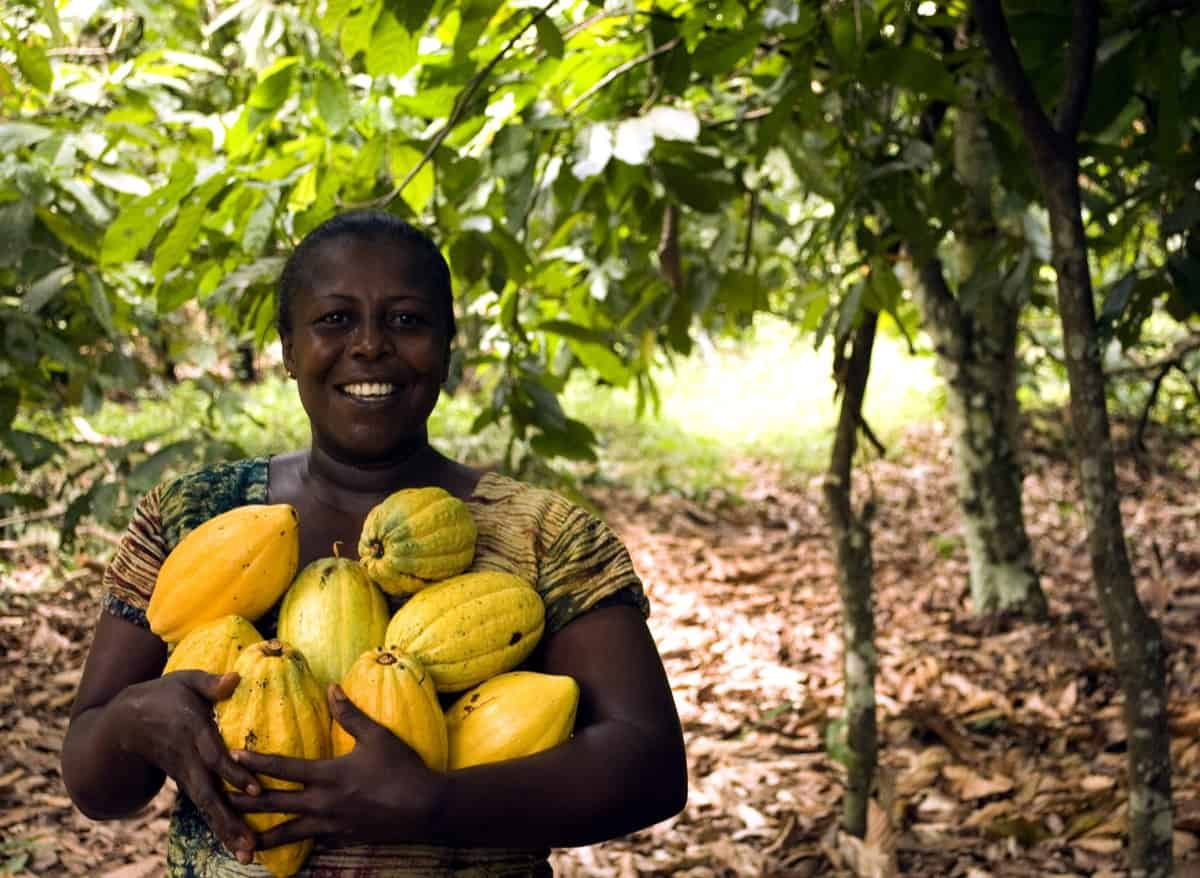
The next step is to select the appropriate crop or livestock species for the planned system. Once these decisions have been made, farmers must develop a management system to maintain soil fertility, provide adequate nutrition for plants and animals, and control pests and diseases. Organic farming requires more labor than conventional systems and often has higher production costs. However, many farmers find that these extra costs are offset by increased profits from selling their products at premium prices.
Organic farming business plan in Nigeria
1. Choose your crop: Select high-yield crops for more profit and research what plants grow well in your area and what is in demand.
2. Do your research: The main step is to educate yourself about organic farming. Read books and articles, attend workshops and conferences, and talk to other farmers. This will help you decide if organic farming is right for you and what operation suits your needs.
3. Choose your farm location wisely: When starting an organic farm, it is important to choose a location suitable for the type of crops you wish to grow. The climate, soil type, and water availability are all important factors when choosing a farm location. In addition, you’ll need to consider factors like climate, soil type, water availability, and market access. Finally, once you’ve selected a site, get all the necessary permits and licenses before breaking ground.
4. Develop a plan: Before beginning any farming project, it is essential to develop a plan. This plan should include what crops you wish to grow, how you will manage the land and water resources, what type of housing and infrastructure you will need, and how you will market your products.
5. Get the right tools and supplies: There are a few basic supplies that every organic farmer needs, such as seeds, fertilizer, irrigation equipment, and storage facilities. It is also important to have the right agricultural tools, such as hoes, rakes, shovels, and wheelbarrows.
In case you missed it: How to Start Rabbit Farming in Nigeria: Business Plan, Loan, Subsidy, Cost, Profit, and Management
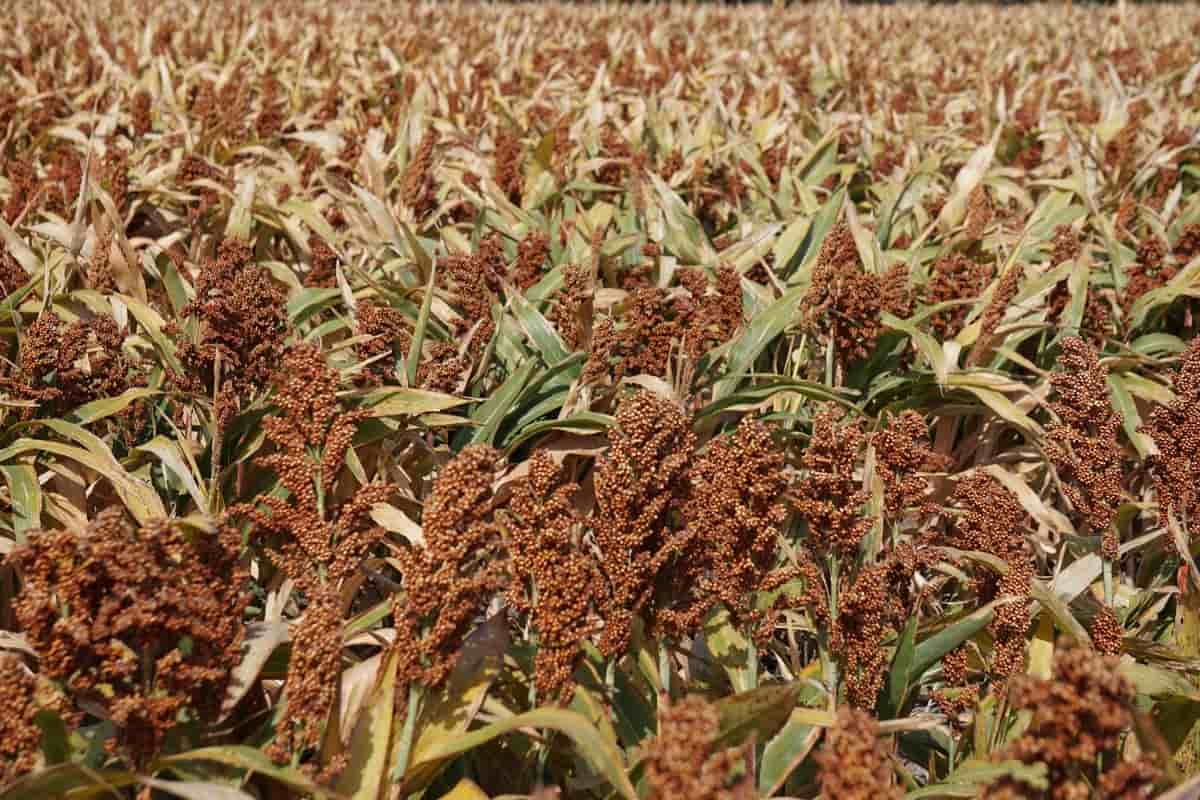
6. Get certified: To sell your organic products, you must be certified. The National Organic Program (NOP) provides certification for farmers who meet their standards.
7. Create a business plan: This step is important for any business, but especially for farming, where many variables exist. Consider your start-up costs, overhead, marketing, and more. Once you’ve decided to start an organic farm, the next step is to create a business plan. This document will outline your goals, strategies, and financial projections for your farm.
8. Develop a production plan: This includes figuring out how much of each crop you want to grow when you plant and harvest and how you’ll care for your plants (fertilizers, irrigation, etc.).
9. Find markets for your products: Once you know what you’re growing, research where you can sell it. Are there any local stores or restaurants that would be interested? You can also sell online or at farmer’s markets.
Organic vegetable farming in Nigeria
- Organic vegetable farming in Nigeria is a process of growing vegetables without the use of synthetic chemicals. Instead, this type of farming is often done using natural methods, such as crop rotation and composting.
- Organic vegetable farmers in Nigeria typically use traditional farming techniques, such as crop rotation, to improve soil fertility and prevent pests and diseases. Crop rotation involves planting different crops in the same field for consecutive years. This helps to replenish the nutrients in the soil and control pests and diseases.
- Composting is another key organic farming technique. Farmers use compost to improve soil fertility and add nutrients to the soil. Compost is made by decomposing organic matter, such as leaves, manure, and food scraps.
- Organic farmers also often use cover crops. These crops are planted between cash crops to improve soil quality and prevent erosion. Common cover crops used in Nigeria include cowpeas, sorghum, and millet.
- Organic vegetable farming offers many benefits over conventional farming practices. For example, organic vegetables are often more nutritious than conventionally grown vegetables because they are grown without synthetic fertilizers or pesticides. They also tend to be more flavorful because they can ripen fully on the vine before being harvested.
What are the organic farming practices in Nigeria?
Some of the organic farming practices used in Nigeria include using natural fertilizers such as compost, crop rotation, intercropping, and mulching. These practices help to improve soil health, increase yields, and reduce the need for synthetic inputs. In addition, organic farmers often use traditional pest control methods, such as companion planting and traps.
Organic farming states in Nigeria
Kaduna, Ogun, and Lagos have the most organic farmers, but organic farms can also be found in other regions.
- Kano State: Kano State is home to many small-scale farmers who have adopted organic farming practices. The state has also established an Organic Farming Development Agency to promote and support organic agriculture.
- Oyo State: Oyo State is another leading organic farming state in Nigeria, with over 1,000 farmers registered with the Oyo State Organic Farmers Association. The state government has also supported organic agriculture, providing farmers with training and assistance.
- Ekiti State: Ekiti State has a long history of organic agriculture, dating back to the 1960s when farmers started using traditional techniques such as crop rotation. Today, there are over 700 registered organic farms in the state.
- Osun State: Osun State is another key player in Nigeria’s organic farming movement, with over 400 farmers practicing organic methods. The state government has supported organic agriculture through training programs and financial assistance.
In case you missed it: How to Start Hydroponic Farming in Nigeria: Business Plan, Crops, Setup Cost, Profit, Subsidy, and Requirements
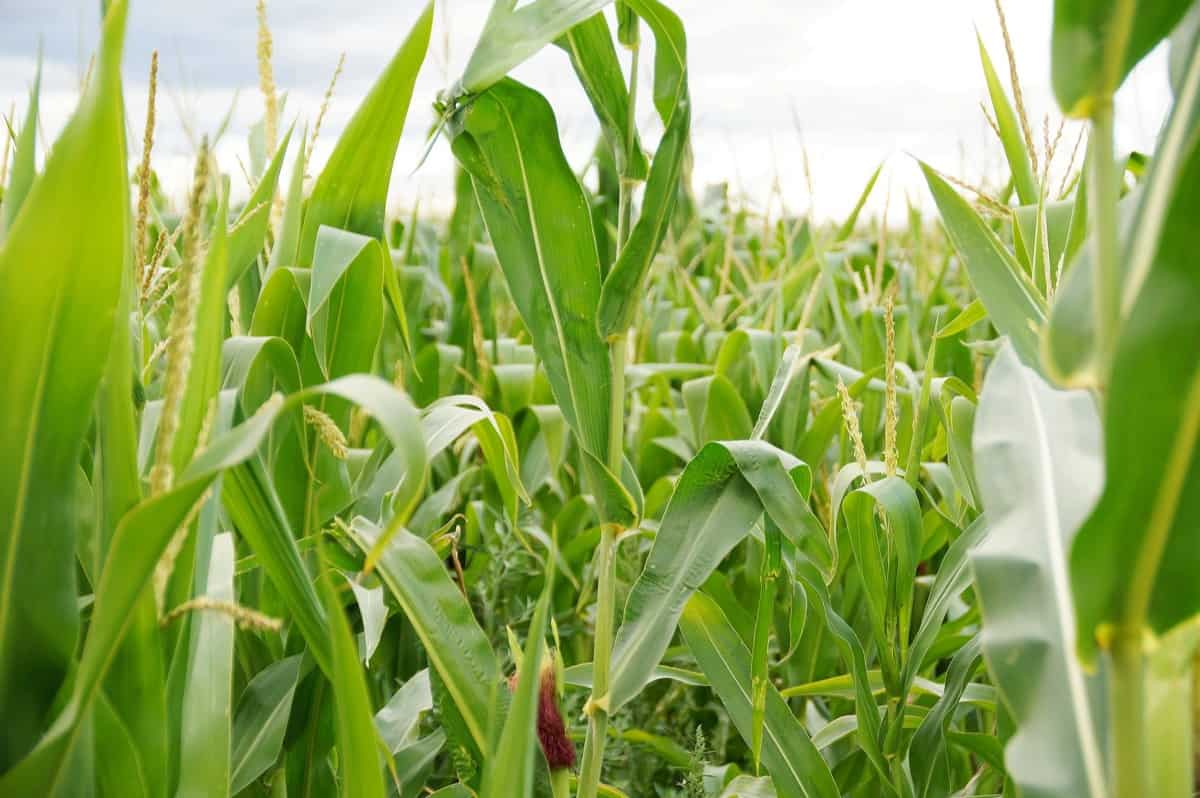
Organic farming problems in Nigeria
- There are several organic farming problems in Nigeria. The first is a lack of awareness about organic farming and its benefits. This means that many farmers are not aware of the techniques and practices involved in organic farming, which can lead to poor crop yields and soil degradation. There is a lack of information about organic farming practices and how to implement them effectively. As a result, many farmers cannot farm organically, even if they want to.
- One of the biggest problems is access to organic inputs. For example, organic fertilizer is not readily available in Nigeria, and it is often very expensive when it is available. As a result, it is difficult for small-scale farmers to afford organic fertilizer and switch to organic farming practices.
- Another problem is that there is a lack of access to markets for organic produce. This means that farmers may not be able to sell their crops at a fair price or may not be able to find buyers for their produce.
- Finally, there is a lack of government support for organic farming in Nigeria. This includes both financial and technical support. Without this support, it is difficult for farmers to implement organic farming practices and improve their yields.
- Another problem for organic farmers in Nigeria is market access. Many farmers struggle to find markets for their products, as there is limited demand for organic products in Nigeria. This makes it difficult for farmers to make a profit from organic farming.
Organic soil management in Nigeria
Organic soil management is critical to the success of organic farming. Farmers must carefully monitor soil fertility and amend soils as needed to maintain optimal conditions for plant growth. Crop rotations and cover crops are also important tools for organic farmers, as they help to break up pest cycles and improve soil health over time.
Pest and diseases control for organic farming in Nigeria
- Pest and disease management is an important part of organic farming. Farmers must be proactive in preventing pests and diseases from damaging their crops. They can do this by using a variety of cultural, mechanical, and biological controls.
- Cultural controls involve many practices that make it difficult for pests and diseases to establish themselves or spread. For example, crop rotation can help reduce the incidence of plant diseases by breaking the life cycle of pathogens. Sanitation practices such as cleaning up debris and removing infected plants can also help prevent the spread of pests and diseases.
- Mechanical controls involve using physical barriers or traps to keep pests and diseases away from crops. For example, nets can be used to exclude insects from fruit trees. Physical barriers such as fences can also protect animals from crops.
- Biological controls involve the use of living organisms to control pests and diseases. Predators, parasites, and pathogens can all be used to control pests and diseases. For example, ladybugs can control aphids, and Bacillus thuringiensis (BT) can control caterpillars.
Weed management for organic farming in Nigeria
Weed management is an important part of organic farming. Weeds can compete with crops for water, nutrients, and space. Unfortunately, they can also harbor pests and diseases that can damage crops. Several organic weed management techniques can be used to control weeds on organic farms. These include mechanical methods such as hand weeding, hoeing, and mulching; biological methods such as cover crops and Green Manures; and cultural methods such as crop rotation.
In case you missed it: How to Start Pig Farming in Nigeria: Key Rules, Business Plan, Cost, Profit, and Management
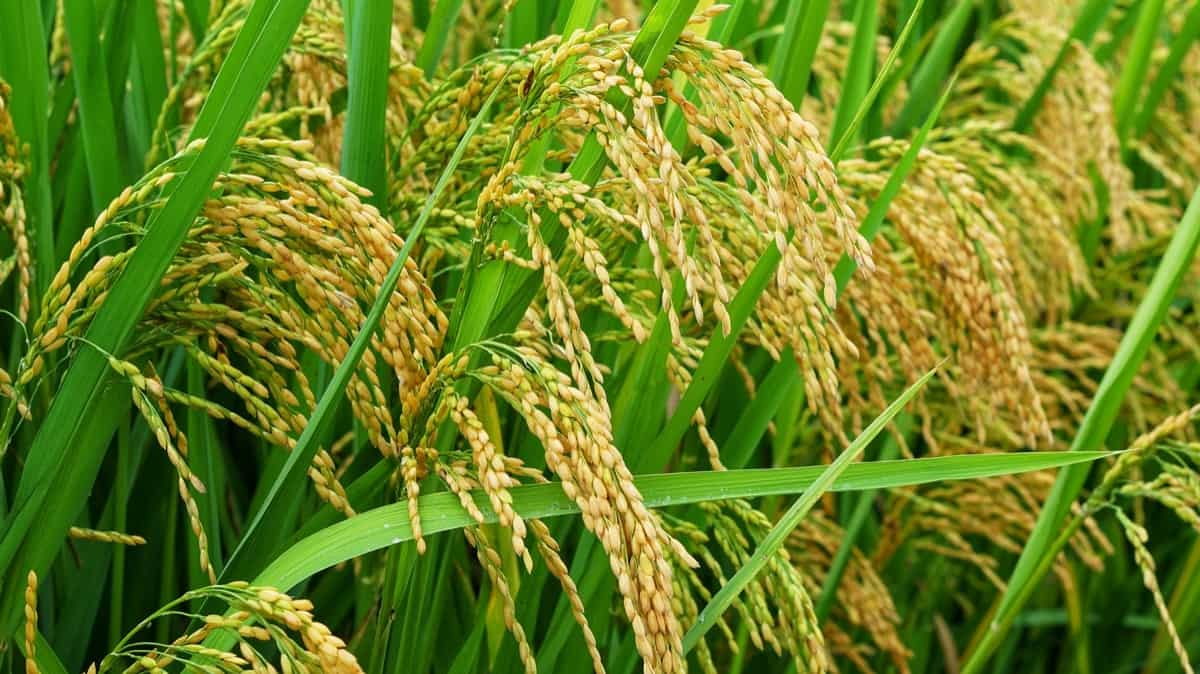
Which organic crops are grown in Nigeria?
The climate and topography of Nigeria are suitable for growing a variety of organic crops. Some of the organic crops grown in Nigeria include:
| Cassava | Maize |
| Cocoa | Millet |
| Coffee | Beans |
| Corn | Sorghum |
| Groundnuts | Sweet potatoes |
| Rice | Yams |
Tips on how to start an organic farm in Nigeria
- Plan your farm layout carefully. Consider factors such as climate, soil type, water availability, and market access when planning your farm layout.
- Choose appropriate crops for your area. Select crops that are well-suited to the local climate and soil type.
- Use cover crops and other agroforestry practices to improve soil fertility and reduce erosion.
- Practice mulching and crop rotation to conserve moisture and improve soil quality.
- Integrate livestock into your farming system. Livestock can provide manure for fertilizer and help control pests and weeds.
- Market your products wisely. Research local markets and determine what prices you can expect for your products
Organic farming setup cost in Nigeria
The average cost of setting up an organic farm in Nigeria is about NGN 2 million. This includes the costs of acquiring land, fencing, irrigation, and other infrastructure. Nigeria’s labor cost is also relatively high, so farmers need to factor this into their budgets. Organic farming can be more expensive than traditional farming but offers many benefits. These benefits include improved soil health, reduced use of synthetic inputs, and improved crop yields. In the long run, organic farming can save farmers money by reducing input costs and increasing profits.
Nutrient management for organic farming in Nigeria
The most important aspect of organic farming is nutrient management. This involves ensuring the plants can access all the nutrients they need to grow and produce healthy food. This can be achieved through organic fertilizers, compost, and manure. It is also important to rotate crops so that different plants can access different nutrients in the soil.
Organic farming certification in Nigeria
In Nigeria, organic farming certification is administered by the NIFOR (Nigerian Institute for Oil Palm Research). NIFOR is a research institute established in 1986 to promote the sustainable development of the oil palm industry in Nigeria. To be certified as an organic farm, farmers must apply for NIFOR and pay a fee. Once certified, farmers must follow certain practices, such as using only approved inputs and maintaining records of their farming activities.
Challenges faced by organic farmers in Nigeria
- While organic farming faces some challenges in Nigeria, such as a lack of access to markets and inputs, it still plays a main role in the country’s agricultural sector.
- Other challenges organic farmers face in Nigeria include political instability, unreliable weather patterns, and pests and diseases. These factors make it difficult for some farmers to produce enough food to feed their families and earn an income.
- Despite the challenges, there are different opportunities for organic farmers in Nigeria. The country’s large population is growing rapidly, creating a demand for food.
- With proper support from the government and NGOs, organic farmers in Nigeria can overcome the challenges they face and play a key role in ensuring food security in the country.
Organizations and stakeholders involved in organic farming development in Nigeria
The Nigerian government has been working to promote organic agriculture through its National Organic Agriculture Program (NOAN). The program was launched in 2006 to increase organic food production in Nigeria. Since then, NOAN has helped to establish over 1,000 hectares of certified organic farmland and has trained thousands of farmers in organic farming techniques.
In case you missed it: How to Start Sheep Farming in Nigeria: Business Plan, Breeds, Cost, Profit and Management
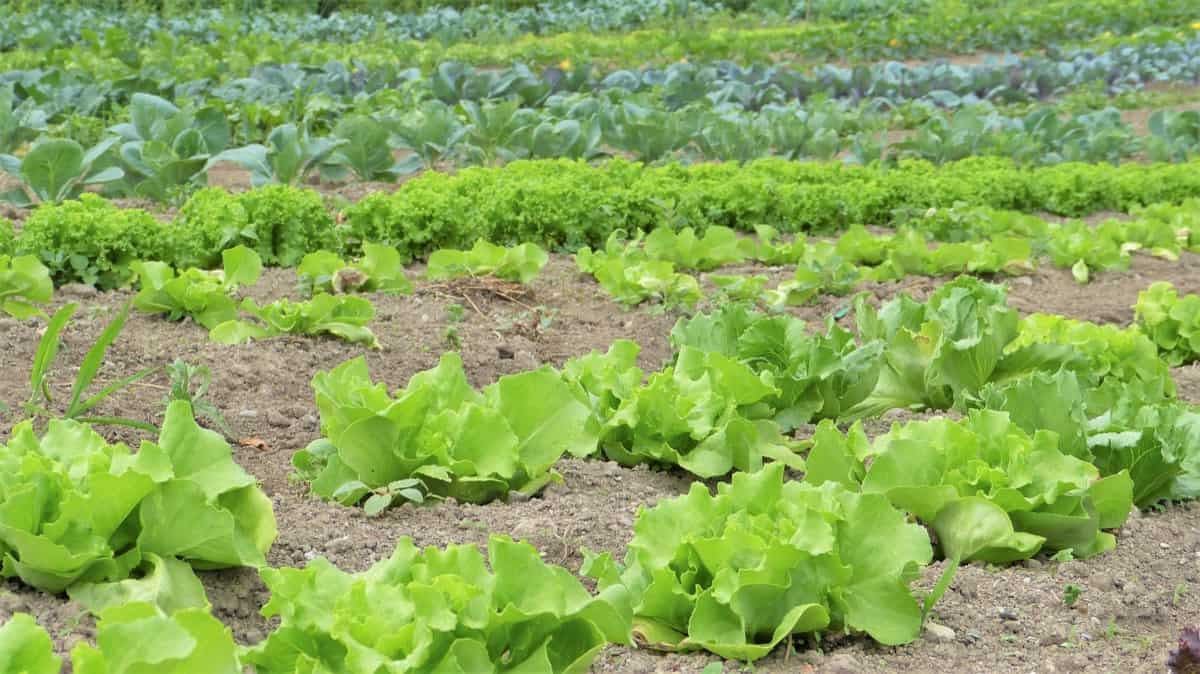
NGOs like OOCORD (Olusegun Obasanjo Centre for Organic Agriculture Research and Development) and OAPTIN (Organic Agriculture Project in Tertiary Institutions in Nigeria) are also working to promote organic agriculture in Nigeria. These NGOs provide training and support to small-scale farmers about organic agriculture. They also help connect farmers with markets for their products.
Many farmers’ groups have formed across Nigeria to advocate for organic agriculture and share information about best practices. These groups provide a valuable support network for farmers switching to organic farming. Finally, private companies are also playing a role in developing organic agriculture in Nigeria. Some companies are working with farmers to produce certified organic products, while others provide financial support for research and development projects related to organic agriculture.
Conclusion
Organic farming uses no synthetic chemicals or genetically modified organisms and instead relies on natural methods to enhance crop growth and control pests and diseases. This makes it a more environmentally friendly option than traditional farming methods. In Nigeria, organic farming is still in its early development stages, but there is potential for it to play a significant role in improving the country’s food security and protecting the environment.
- Economical Aquaculture: A Guide to Low-Budget Fish Farming
- 15 Common Planting Errors That Can Doom Your Fruit Trees
- How to Make Houseplants Bushy: Effective Tips and Ideas
- Innovative Strategies for Boosting Coconut Pollination and Yield
- Pollination Strategies for Maximum Pumpkin Yield
- The Complete Guide to Chicken Fattening: Strategies for Maximum Growth
- Natural Solutions for Tulip Problems: 100% Effective Remedies for Leaf and Bulb-Related Issues
- Revolutionizing Citrus Preservation: Towards a Healthier, Greener Future
- Natural Solutions for Peony Leaf and Flower Problems: 100% Effective Remedies
- Maximizing Profits with Avocado Contract Farming in India: A Comprehensive Guide
- Natural Solutions for Hydrangea Problems: 100% Effective Remedies for Leaf and Flowers
- The Ultimate Guide to Choosing the Perfect Foliage Friend: Bringing Life Indoors
- From Sunlight to Sustainability: 15 Ways to Use Solar Technology in Agriculture
- The Ultimate Guide to Dong Tao Chicken: Exploring from History to Raising
- The Eco-Friendly Makeover: How to Convert Your Unused Swimming Pool into a Fish Pond
- Mastering the Art of Delaware Chicken Farming: Essentials for Healthy Backyard Flocks
- 20 Best Homemade Fertilizers for Money Plant: DIY Recipes and Application Methods
- How to Craft a Comprehensive Free-Range Chicken Farming Business Plan
- Brighten Your Flock: Raising Easter Egger Chickens for Beauty and Bounty
- How to Optimize Your Poultry Egg Farm Business Plan with These Strategies
- Subsidy for Spirulina Cultivation: How Indian Government Schemes Encouraging Spirulina Farmers
- Ultimate Guide to Raising Dominique Chickens: Breeding, Feeding, Egg-Production, and Care
- Mastering the Art of Raising Jersey Giant Chickens: Care, Feeding, and More
- Ultimate Guide to Raising Legbar Chickens: Breeding, Farming Practices, Diet, Egg-Production
- How to Raise Welsummer Chickens: A Comprehensive Guide for Beginners
- How to Protect Indoor Plants in Winter: A Comprehensive Guide
- Ultimate Guide to Grow Bag Gardening: Tips, Tricks, and Planting Ideas for Urban Gardeners
- Guide to Lotus Cultivation: How to Propagate, Plant, Grow, Care, Cost, and Profit
- Agriculture Drone Subsidy Scheme: Government Kisan Subsidy, License, and How to Apply Online
- Ultimate Guide to Raising Araucana Chickens: Breed Profile, Farming Economics, Diet, and Care
- Bringing Hydroponics to Classroom: Importance, Benefits of Learning for School Students
- Ultimate Guide to Raising Polish Chickens: Breed Profile, Farming Economics, Diet, and Care
- Ultimate Guide to Raising Australorp Chickens: Profile, Farming Economics, Egg Production, Diet, and Care
- Silkie Chicken Farming: Raising Practices, Varieties, Egg Production, Diet, and Care
- Sussex Chicken Farming: Raising Practices, Varieties, Egg Production, Diet and Care
- Homemade Feed Formulations for Livestock: Discover Cost-effective Starter to Finisher Feed Recipes